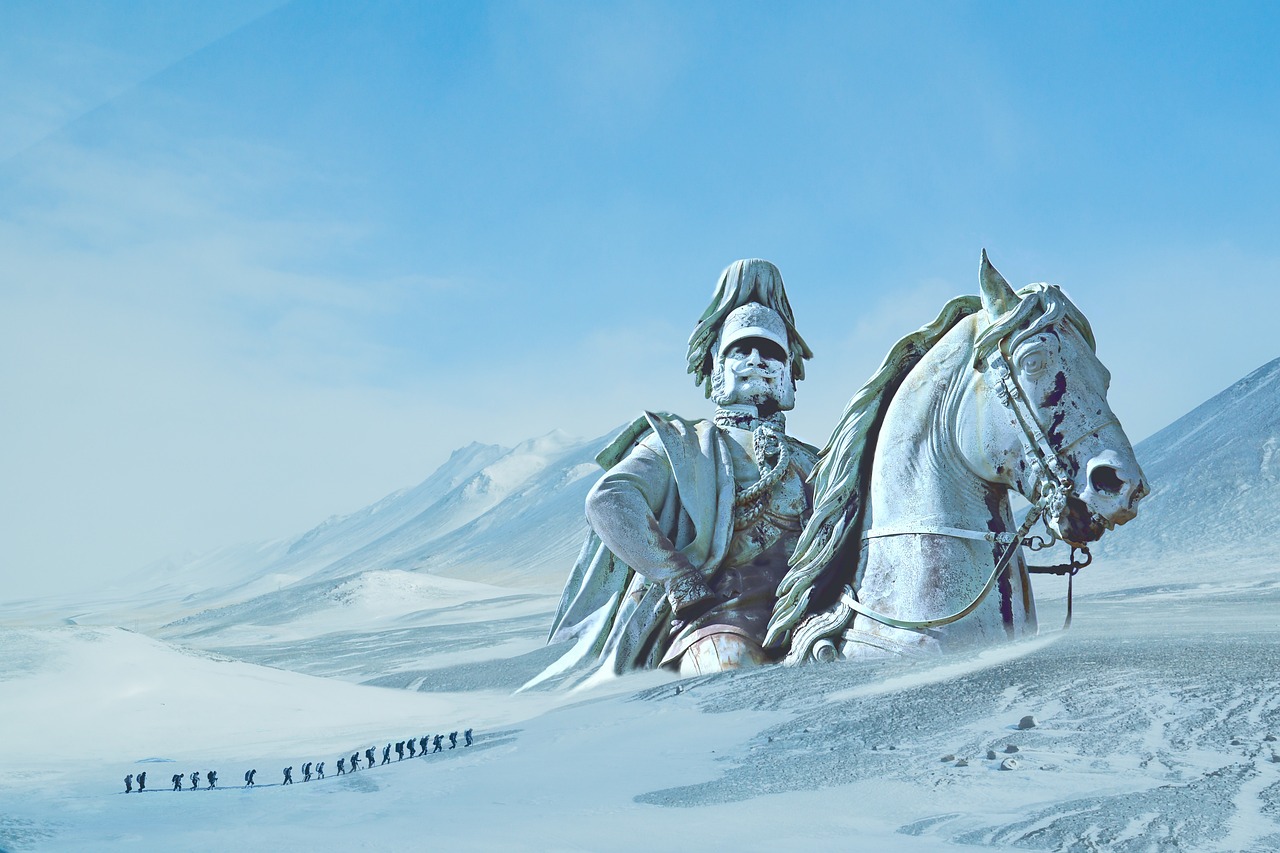ATLAS: The Titan Who Carries the Heavens
Atlas is known as the Titan who upholds the sky, embodying the trait of endurance (atlaô). As a prominent figure among the Titans, he led a rebellion against Zeus, only to face defeat. As punishment for his treachery, he was sentenced to support the heavens on his shoulders. Some myths later depict him as a guardian of the pillars that separate Earth from the sky. Atlas is also credited with teaching humanity about astronomy, a skill essential for navigation by sailors and the agricultural cycles for farmers. His influence extended to the movement of stars, as he was seen to rotate the heavens, guiding their paths.
A key episode involving Atlas occurs during Herakles’ quest for the Golden Apples of the Hesperides. Herakles offered to bear the weight of the heavens while Atlas fetched the coveted apples for him. In addition, Herakles slayed the dragon that tormented Atlas, and he constructed two monumental pillars at the world’s edges, possibly to ease Atlas’s burden. According to later tales, Perseus transformed Atlas into the Atlas Mountains using the head of the Gorgon.
Parentage and Family
Atlas was born to Iapetos and Klymene, with alternative accounts suggesting his mother might be Asia or Terra. He fathered several notable offspring, including the Pleiades, the Hyades, and the Hesperides.
Mythological Accounts of Atlas
Hesiod describes Atlas as a son of Iapetos and details that he bears the heavens on his head and hands. Homer elaborates on Atlas’ knowledge of the ocean’s depths and his role as the pillar holding Earth and sky apart. Scholarly interpretations throughout the ages have debated whether Atlas was initially seen merely as a cosmic entity or a personified mountain. His eventual association with the Atlas Mountains of North Africa stems from later mythological distortions that linked Atlas to geographic features.
The Titan in Art and Literature
Artistic depictions from ancient Greece and Rome often illustrate Atlas in various forms—supporting the heavens or engaged in other mythological scenes. For instance, he is illustrated struggling under the burden of the celestial sphere while holding golden apples in his grasp. As the god of astronomy, Atlas was revered for his contributions to the understanding of celestial navigation and cosmic arrangement.
Herakles and Atlas: A Fateful Encounter
Herakles’s interaction with Atlas highlights the Titan’s eternal struggle. During his quest, Herakles relieved Atlas temporarily by accepting his burden while the Titan collected the apples, illustrating both the Titan’s grief and Herakles’ cunning. Ultimately, through a clever trick, Herakles managed to relinquish the burden back to Atlas.
Conclusion: Atlas’s Legacy
Atlas’s legacy transcends mere mythology, as he represents human resilience and the pursuit of knowledge. His transformation into the mountains symbolizes the lessons derived from mythology—that struggles and burdens can lead to growth and discovery. The Titan remains a significant figure both in ancient literature and in contemporary interpretations of folklore and history.



